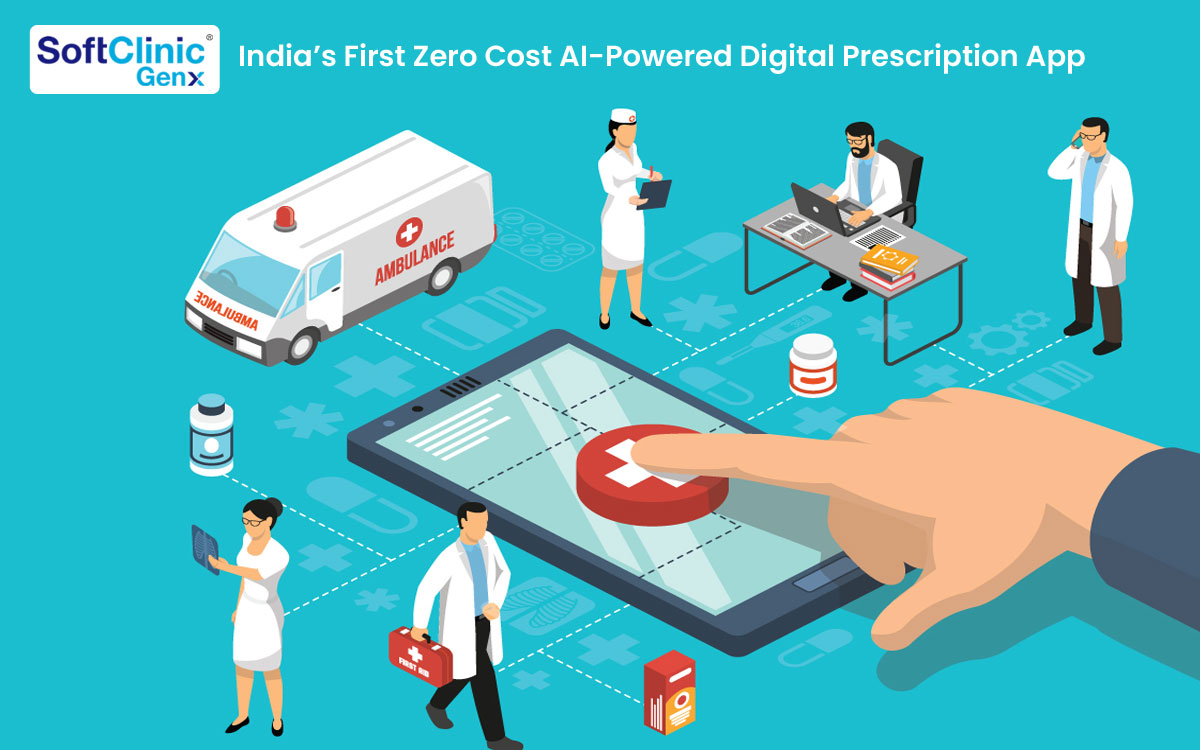Must-Have Powerful Features in Practice Management Software
January 8, 2024However, even with their best efforts, management can occasionally lapse.
According to Elsevier reports, an estimated 43 million preventable patient injuries occur annually. Additionally, between 2011 and 2016, NSW public hospitals recorded $262 million in misdiagnoses and errors.
Managing and effectively aligning departments like OPD, billing, EHR, IT, and Pharmacy is crucial.
Practice Management Software emerges as an excellent solution to this challenge. It consolidates diverse processes into one platform, providing a unified overview of the practice landscape.
Benefits of Practice Management Software
Managerial authorities can extract several benefits from a PMS.
- One login for managing the entire hospital or clinic
- Easily track patients and staff
- Reduce the chances of misdiagnosis and clinical errors
- Manage medical reports, EHR, and patient data fruitfully
- Reduce operational costs while generating efficiency
How do you identify the best software for your practice management?
The best hospital software suite is tailored to fulfill your particular requirements adeptly. Here are some essential features for implementing software in managing your medical practice that you should pay attention to.
Easy Integration with Your Present Software Suite
To ensure seamless operations, opt for software that easily integrates with your existing suite and allows smooth data sharing.
For instance, if you’re utilizing Microsoft Word for report drafting, your new software should support the “.docx” format. This streamlines productivity, saving time by avoiding juggling between two different products. It also enhances patient data management.
User-friendly Financial and Billing Dashboard
Financial decisions are easy to make when you have actionable insights. Hence, it is recommended that you choose clinic management software that offers an easy-to-understand breakdown of the finances.
Some key considerations for this are;
- Easy reimbursement tracking
- Expense and Cost Registers
- Patient Overdue tracking
- Payments and Balance tracking
Integrated Insurance Verification and Claims Management
Indeed, you’re likely utilizing a tool for insurance verification. However, it’s time to integrate it into Hospital Management Software. By doing so, you’ll establish a cohesive workflow allowing you to oversee patient Electronic Health Records (EHR), handle medical billing, and perform claim verification—all within a unified platform.
Most modern hospital billing is carried out similarly, and you should take advantage of the same.
Track Inventory Proactively with Ease
Inventory management is of the utmost importance in hospitals and medical facilities, leaving little room for error. Thus, opt for a solution that enables seamless inventory management under strict oversight.
Select software capable of issuing alerts for low stock levels and offering purchase forecasts. Utilize these functionalities to reduce errors in inventory management within your practice.
Manage Appointments and Patient Records
Numerous appointments are scheduled in a week, and any mishandled appointment can impact your reputation. Employing a dedicated interface that manages appointment creation, scheduling, fulfillment, and closure significantly decreases the manual workload.
Opt for Practice Management Software that allows on-the-go appointment creation and efficient tracking, minimizing time wastage. Emerging software options now empower patients to self-schedule appointments through mobile apps, alleviating pressure on medical staff.
Customization and Support
Adaptability is the most valuable and desired feature. Your chosen software should flexibly conform to your unique requirements.
Consider this: If your clinic has utilized a specific ward allocation workflow for a decade, the software should seamlessly adjust, eliminating the need to alter your established process to fit the software.
Moreover, the software provider should provide 24/7 support to address potential software-related concerns. Since most of your staff might need software expertise, dependable assistance from the provider becomes crucial.
SoftClinic Practice Management Software
SoftClinic offers proprietary software for Clinics and Hospitals to enhance productivity and implement robust practice management. Validated in over 40 countries, our products are trusted by a network of 25,000+ physicians for efficient medical practice management. The SoftClinic Hospital Management Suite encompasses all the aspects highlighted in this article.

